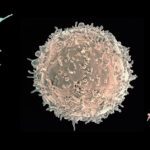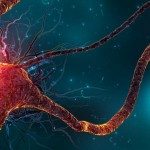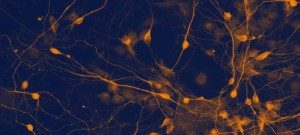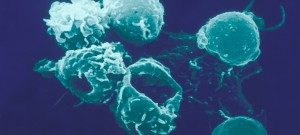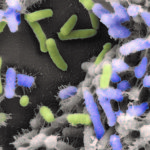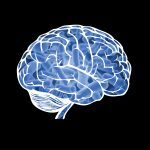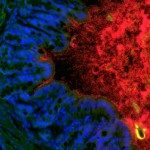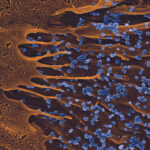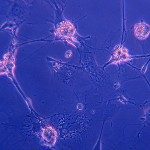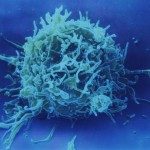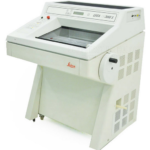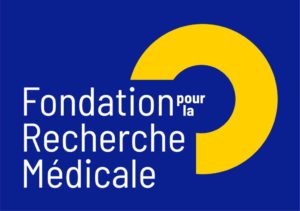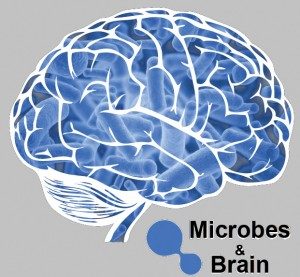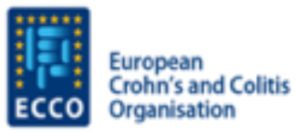The immune system, the nervous system and symbiotic microbes interact at many levels to face challenges to the individual and maintain homeostasis
The symbiotic microbiota plays a key role in the development and regulation of the immune system. We have shown that the colonization of the intestine after birth induces the development of lymphoid tissues in the intestine. Proliferating bacteria release muropeptides that are detected by the innate immune receptor Nod1 in epithelial cells. These cells trigger a cascade of events that leads to the activation of lymphoid tissue inducer cells (LTi cells, a subset of ILC3s) and the recruitment of IgA+ B cells that target the microbiota. This loop establishes a regulatory feedback loop on the colonizing microbiota in order to maintain intestinal homeostasis. The symbiotic microbiota also plays a key role in the generation and activation of different types of immune cells, such as innate lymphoid cells (ILCs), Th17 cells and induced regulatory T cells (iTregs). Perturbations of the regulation of the immune system by microbiota may lead to inflammatory pathologies, as a consequence of a loss of immune equilibrium.
https://pubmed.ncbi.nlm.nih.gov/18987631/
https://pubmed.ncbi.nlm.nih.gov/20929731/
https://pubmed.ncbi.nlm.nih.gov/21336274/
https://pubmed.ncbi.nlm.nih.gov/26160380/
https://pubmed.ncbi.nlm.nih.gov/27396446/
The symbiotic microbiota expands dramatically during weaning, thereby inducing a vigorous immune response termed the weaning reaction. The weaning reaction can only occur during a specific time window early in life, and imprints the reactivity of the immune system in the long term (into adulthood), a phenomenon termed neonatal imprinting. If the weaning reaction is perturbed, the reactivity of the immune system is increased and individuals are more susceptible to inflammatory pathologies, such as inflammatory bowel disease (IBD), allergy and autoimmunity.
https://pubmed.ncbi.nlm.nih.gov/30902637/
https://pubmed.ncbi.nlm.nih.gov/32694861/
https://pubmed.ncbi.nlm.nih.gov/31988466/
The nervous system, like the immune system, reacts to cues and perturbations in order to maintain or restore homeostasis of the individual. The range of perception of these two systems is enormous, including factors as diverse as immunogens/antigens, metabolites, cellular and tissular damage, odorants, temperature, visual cues, pain and knowledge. Memory is an important component in the two systems, encoded in the immune system by, for example, clonal selection and epigenetic modifications, and in the nervous system through the various modalities of autonomic or cognitive memory. The two systems also act in many different ways, using molecules or cells, electric (ultra-rapid) propagation of information, movement and behavior. Therefore, the nervous system and the immune system marvelously complement each other to maintain survival of their host, and cross paths at many levels. Upon food intake, this complementary is on full display to preempt danger associated with food, such as the presence of pathogens. Food intake induces the production of neuropeptides by the enteric nervous system, which potentiate the effector functions of intestinal innate lymphoid cells (ILCs). When alarmins confirm the presence of intestinal pathogens, ILCs show increased effector activity that translates into increased resistance of the host to oral pathogens.
https://pubmed.ncbi.nlm.nih.gov/35501356/
The central nervous system can directly react to the intestinal microbiota. We recently showed that muropeptides released by proliferating or dying intestinal bacteria reach the hypothalamus, where they directly repress the activity of GABAergic neurons. These neurons are involved in the regulation of food intake and body temperature. We found that older female mice lacking Nod2 expression in these neurons increase food intake, develop obesity and fail to properly regulate body temperature. Intestinal bacteria also mediate the production and absorption of key building blocks for the brain. We report that mice that endure chronic (mild) stress develop alterations in the intestinal microbiota that can be transferred to a new host. These new host then develop similar symptoms of chronic stress, such as depression-like syndromes, as a consequence of a decrease in blood levels of tryptophan and arachidonic acid metabolites.
https://pubmed.ncbi.nlm.nih.gov/35420957/
https://pubmed.ncbi.nlm.nih.gov/33311466/
https://pubmed.ncbi.nlm.nih.gov/32187541/
Quote of the year: I never loose. I either win or learn. Nelson Mandela


